Asking the Right Questions About Improper Tax Credits

Laws under our legislative system don’t always contain all of the information needed to determine what the legislators had in mind when they approved the law. Sometimes errors are made in the wording, or it is simply badly worded and confusing. Eventually, these problems will land in court, and a judge will need to sort out from a host of documents, reports, and records just what it was the legislators had in mind in the first place. When this happens, these documents carry the weight of law, even if few people even know they exist.
So it is with the Consolidated Appropriations Act just passed and signed by the President as Public Law 113-76. Tucked away in the legislative history of the Act are explanatory notes adopted by the House of Representatives that directly affect many of the appropriations, including the Internal Revenue Service and the Department of the Treasury. Normally, this language might have been cleaned up when the bill was taken up by the Senate in a joint House-Senate Conference. In this case, the Senate did not have time for cleanup of notes, so they simply adopted the ones created by the House nearly a year ago.
These notes affect the tax preparation markets in Section E, Title V, are as follows:
“Addressing Fraud and Filing Errors in RefUndable* Credit Programs.-ln an effort to reduce intentional fraud and filing errors in refundable credit programs intended to help taxpayers, the Department of the Treasury is directed to ensure that the same questions are being asked of taxpayers whether they are preparing their returns with a paid tax preparer or via do it-yourself methods such as paper forms, preparation software, or online preparation tools. Implementing uniform questions for refundable credit filers is a common sense step that will help alleviate confusion over eligibility and better establish qualification for these credits. The Department of the Treasury shall ensure that all questions asked on forms 8867 or 9867, or for any other refundable tax credit programs, will be the same questions the Internal Revenue Service requires tax filers to answer regardless of filing method.”
* Because it was not cleaned up by a Conference Committee, the notes still contain their original typos.
This note requires that questions asked on IRS forms regarding refundable tax credits (e.g., the EITC) be uniform, to reduce fraud and filing errors. It also requires developers of tax software to incorporate the same language into their programs.
Source: Public Law 113-76 Explanatory Notes as contained in the Congressional Record, Volume 160, dated January 15, 2014.



